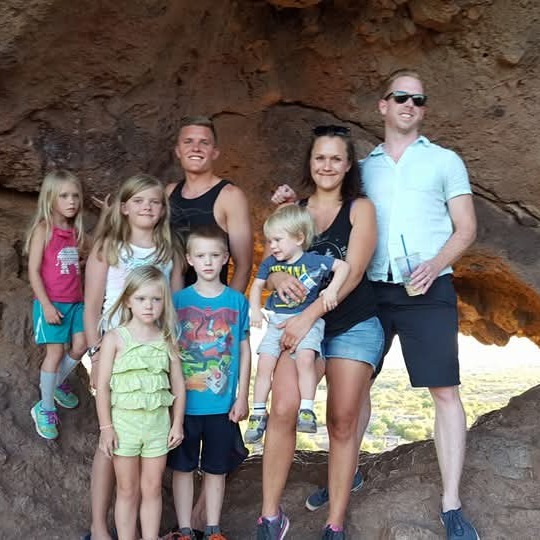Interview Questions
Knows Best
Social Media Content Creator – Lively & Upbeat Promoters Wanted!

What kind of social media content resonates with both young and older audiences?
Any post that delivers clear, practical value for free will be shared and saved, regardless of the user's age. This is where content related to your data analytics background is a huge asset.
How it Works: It addresses problems common to all stages of life. Younger audiences seek tips on productivity or skill-building, while older audiences look for efficient solutions related to finances, career transitions, or health.
Example: A 60-second video explaining a time-saving financial hack or a simple professional networking strategy. The format is appealingly brief to younger users, while the topic has mature relevance.
Knows Best
Social Media Content Creator – Lively & Upbeat Promoters Wanted!

Describe your following and your experience promoting brands, companies, etc on social media.
My promotional experience is built on real-world sales and persuasive communication that directly translates to content creation:
Server and Cashier (In-Person Promotion): As a server at a local chain restaurant, I was responsible for upselling daily specials and premium items. This is a direct parallel to brand promotion, requiring me to quickly absorb product knowledge and deliver a persuasive, confident message to drive a purchase/conversion, all while maintaining a positive guest experience.
Event Management (Campaign Coordination): My work coordinating student organization events (drawing over 100 participants) required me to implement multi-platform social media strategies to drive attendance. I understand the fundamentals of a successful promotional campaign: timing, creative asset planning, and call-to-action effectiveness.
Analytical Approach (Strategic Promotion): Crucially, I understand that promotion is more than just enthusiasm; it requires measurement. My background in data analytics gives me the unique ability to approach content creation strategically. I can quickly determine what content is driving engagement, which platform is generating the best results, and how to optimize future content for maximum ROI, ensuring the brand’s message is not just seen, but acted upon.
I am prepared to immediately translate these skills into creating compelling, measurable, and highly engaging content that effectively communicates the value of Home From College to its target audience.
Knows Best
Social Media Content Creator – Lively & Upbeat Promoters Wanted!

What are common issues do you see in today's dating culture on college campuses? How prevelant do you think these issues are as prevalent post-grad?
The dating environment on college campuses today is defined less by traditional courtship and more by a highly digitized, low-commitment social contract. Your personal experience with ghosting in the SATX area highlights the core problem: while students desire connection, the existing culture is designed for maximum convenience and minimum emotional effort. The common issues are rooted in a culture of ambiguity and non-confrontation: The Dominance of the Situationship: College life prioritizes academic and personal growth, leading students to favor the "situationship"—a relationship without explicit commitment, boundaries, or titles. This flexibility manages demanding schedules but normalizes low accountability. When a person's priorities shift, the most common, low-effort exit strategy is disappearing, as there is no formal relationship to end. Digital Fatigue and Paradox of Choice: Dating apps are the primary introduction tools, but the sheer volume of choices creates burnout. This leads to digital fatigue, where interactions stay superficial and shallow, making it easier to see potential partners as immediately replaceable. This environment encourages behaviors like ghosting over respectful communication. Academic Pressure as a Barrier to Commitment: Students feel immense pressure to build résumés, intern, and secure post-grad success. Relationships that demand significant time or emotional effort are often viewed as a distraction. Commitment is frequently delayed until after graduation, making current relationships inherently temporary or transactional. The Shift from Campus to Post-Graduation While casual dating and behaviors like ghosting remain prevalent after college, the fundamental reason for them shifts significantly, and this is the key to understanding the market: On Campus: Casual behavior is often linked to convenience, social norms, and emotional immaturity. Students avoid commitment because it interferes with their academic schedule or social reputation. Post-Graduation: The behavior is driven by lifestyle friction, professional dedication, and a clear, yet demanding, personal search for the right long-term partner. In the post-grad world, daters have less time and smaller social circles, which raises the personal accountability for their actions. They are still busy (professional dedication replaces academic pressure), but their intent is different. Post-grads want a relationship that adds value to their established lives, r








